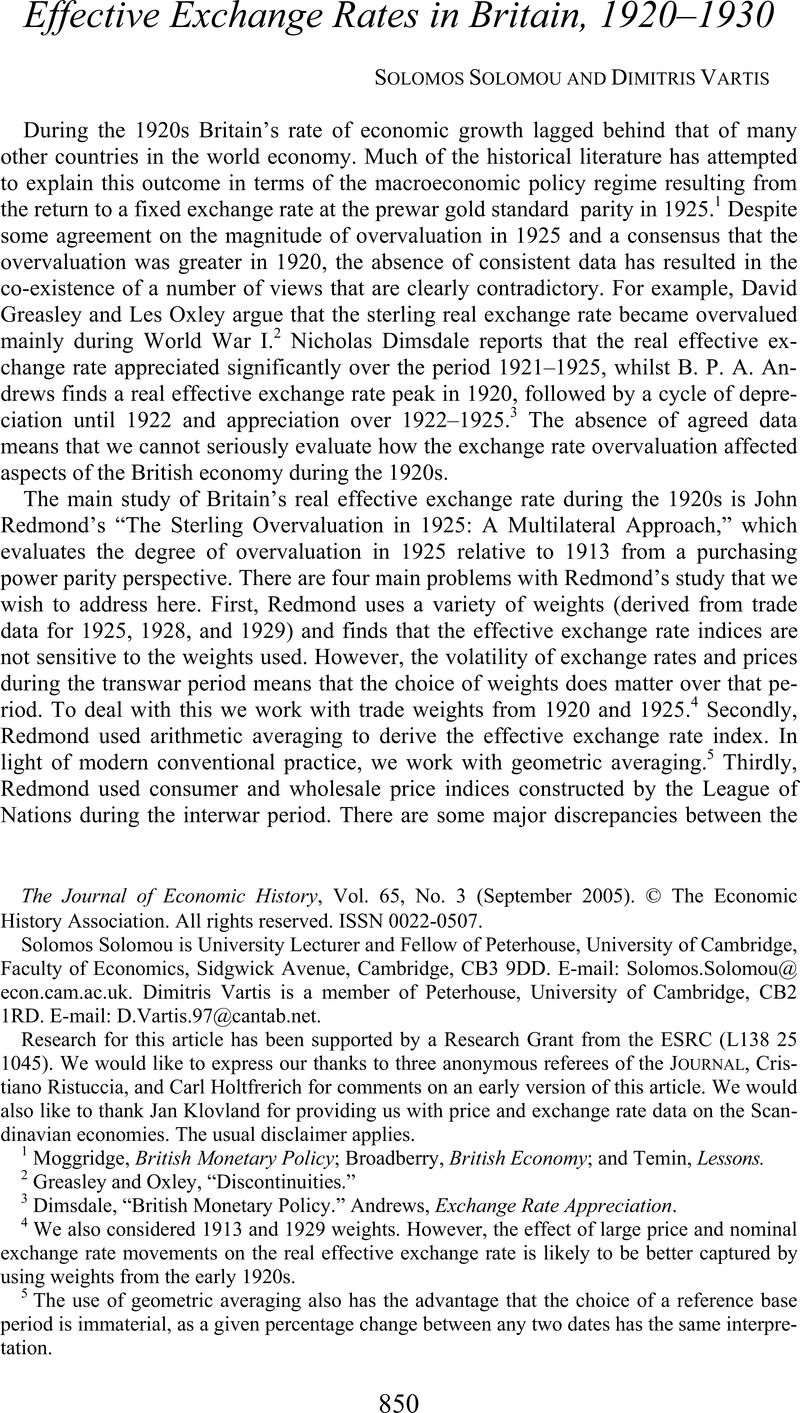Crossref Citations
This article has been cited by the following publications. This list is generated based on data provided by Crossref.
Rollings, Neil
2007.
British business history: A review of the periodical literature for 2005.
Business History,
Vol. 49,
Issue. 3,
p.
271.
MIDDLETON, ROGER
2011.
Macroeconomic policy in Britain between the wars1.
The Economic History Review,
Vol. 64,
Issue. 3,
p.
i.
Mitchell, James
Solomou, Solomos
and
Weale, Martin
2012.
Monthly GDP estimates for inter-war Britain.
Explorations in Economic History,
Vol. 49,
Issue. 4,
p.
543.
Candia, Bernardo
and
Pedemonte, Mathieu
2021.
Candia, Bernardo
and
Pedemonte, Mathieu
2021.



